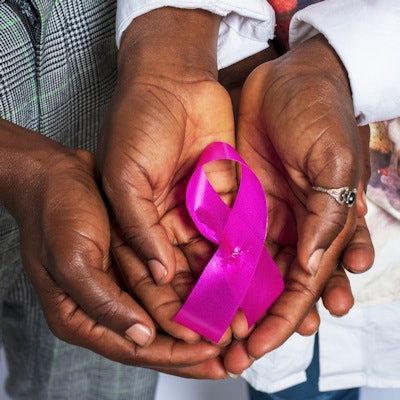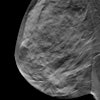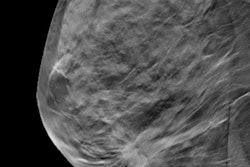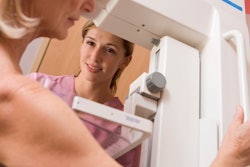
Breast cancer screening mammography is underutilized in Jamaica, with breast cancer often diagnosed at an earlier age and more advanced stage than in the U.S., according to research published April 23 in BMC Women's Health.
In a study led by Dr. Sheray A. Chin from the University of the West Indies at Mona, Jamaica, researchers found that many women who presented for a mammogram for the study had never undergone one before, despite being over the age when annual mammograms are recommended.
Breast cancer is the leading cause of cancer and cancer-related deaths in Jamaican women. In Jamaica, women often present with advanced stages of breast cancer, despite the availability of screening mammography for early detection.
"It has been reported that less than 5% of Jamaican women eligible for mammographic screening actually have mammograms, and local studies have explored the deterrents to mammographic screening," the authors wrote.
Breast cancer in Jamaican women is diagnosed at a median age of 52, an average of 10 years younger than in the U.S. The diagnosis of breast cancer in a relatively young population is challenged by the decreased sensitivity of mammography in detecting small cancers due to increased breast density, the researchers said.
In the retrospective study of 48,203 mammograms between January 2011 and December 2016, 574 women (1.2%) were found to have mammograms suspicious for breast cancer. The median age of the women was 57, with over one-third under the age of 50.
Meanwhile, only 38% reported previous mammograms, with a mean interval of eight years between previous normal mammograms and mammograms suspicious for breast cancer. The median age at first screening mammogram for images analyzed in the study was 50.
"Almost half of those who presented for breast cancer screening had no prior screening mammogram (45%) and for those women utilizing the mobile facility, 61% had never had a mammogram," Chin and colleagues said.
The researchers called for an organized national breast cancer screening program in Jamaica to improve adherence to international breast cancer screening guidelines.
One limitation of the study was that there was no data available on tumor characteristics for any of the women. For women who subsequently went on to have surgery, there were no copies of histology reports to determine pathological staging.
"Recording of clinical and pathological staging would have been useful to support our premise that screening would lead to earlier breast cancer diagnosis and stage migration," the authors wrote. "We have recommended that these be recorded as part of the clinical records, as this would be very useful data for future studies."




















